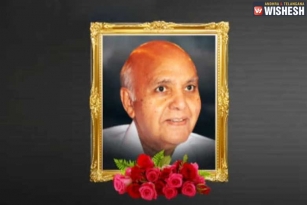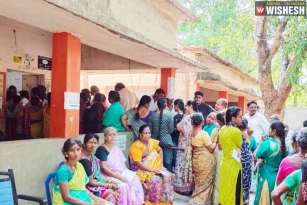
The Delhi High Court in a judgment held that though condoms fall within the definition of “drugs” under the Drugs and Cosmetics Act and are “essential medicines”, the government cannot fix ceiling prices as there is no specified strength or dosage for the formulation.
“Ceiling price can be fixed only for scheduled formulations of specified strengths and dosages as specified under the First Schedule. Therefore, according to us, the provisions of Para 4 cannot be made applicable to condoms, the dosage and strength of which have admittedly not been specified under the First Schedule,” held the court of Chief Justice G Rohini and Justice R S Endlaw.
The bench, in a 67-page judgment, noted that condoms are “rightly considered as Essential Medicines and are included in the National List of Essential Medicians to ensure affordable healthcare to a majority of the population and also to improve accessibility of drugs for anti-HIV etc. through the special assistance scheme.”
"We are of the view that NPPA exceeded the powers conferred by DPCO-2013 while fixing the ceiling price for condoms. The language of para 4 (of DPCO 2013) is unambiguous and makes clear the legislative intent that the ceiling price can be fixed only for scheduled formulations of specified strengths and dosages as specified under the First Schedule," it said.
"Consequently, fixation of the ceiling price for condoms under DPCO-2013 is impermissible under the law. Accordingly, we declare that the orders of NPPA dated November 5, 2013, and July 10, 2014, are illegal and unsustainable. In the result, both the said orders, are hereby set aside," the court said.
The court’s verdict came on the plea of two pharma firms, Reckitt Benckiser and JK Ansell Ltd, which had petitioned that their products are “devices” and not “medicines” and thus will not fall under the Drugs (Prices Control) Order (DPCO). The petitioners had claimed that the products are luxury products “meant for pleasure”.
Reckitt Benckiser claimed that the pleasure condoms do not meet the parameters under the Essential Commodities Act for them to be classified as essential commodities.
The central government contended that since condoms help to prevent diseases, they comes under the classification of “medicines” and, hence, their prices can be controlled by the government.
“In the light of the settled legal position, we are of the view that the policy decision of the government to control the price of the condom, which is admittedly an essential commodity having been taken keeping in view various social, economic and commercial factors is not amenable for judicial review by this court,” the court said.
“What is the best in the interest of the general public is a matter for decision exclusively within the province of the central government.”
“It is no doubt true that before making a control order, it is mandatory for the central government to form an opinion that it is necessary or expedient to make an order for the purpose of maintaining or increasing supplies of any essential commodity or for securing their equitable distribution and availability at fair prices,” the court said
By Premji























